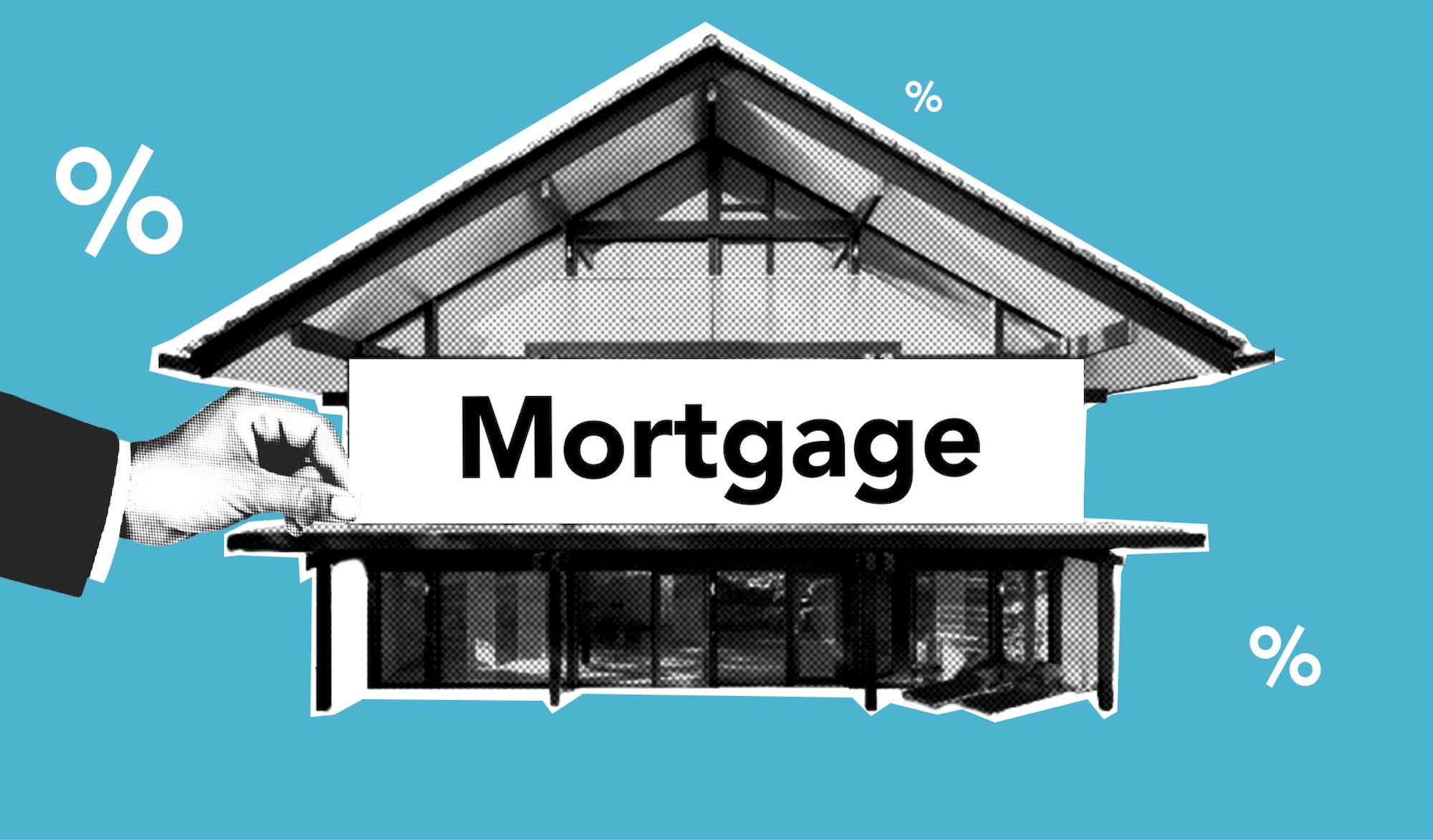The Financial Conduct Authority (FCA) has pledged to focus on results and outcomes rather than being driven by processes in its new three-year strategy, holding itself accountable against published outcomes for the first time ever.
The regulator's strategy outlined three new key areas of focus: committing to reducing and preventing serious harm, setting and testing higher standards, and promoting competition and positive change.
Shutting down problem firms that do not meet basic regulatory standards was highlighted as a key priority within this work, with the FCA recruiting 80 employees to work on this initiative, having already removed permissions from firms who were not using them 161 times in 2021.
The FCA also suggested that the rising cost of living has made addressing these issues more urgent, as it could leave consumers more exposed to risk and more reliant on financial services.
As part of the strategy, the FCA will also be holding itself accountable against published outcomes and performance metrics, for the first time, which will be developed and updated throughout 2022/23 as it enhances its understanding.
These targets will be broken down into two levels of outcomes. The consistent topline outcomes that financial services market is expected to deliver, and commitment outcomes, which are aligned with FCA's 13 commitments.
There are four consistent topline themes that FCA said it expects from financial services: Fair value, suitability and treatment, confidence, and access; with a number of metrics underpinning each of these.
The FCA also clarified, however, that all metrics have "limitation" and that "progress will not be immediate and will not be steady from year to year", emphasising that the movement of a metric is often affected by what other metrics, and other parties, are doing.
It also acknowledged that a proper assessment of the reasons behind any changes in value is key to understanding whether an increase or decrease should be regarded as consistent with its stated outcomes.
The regulator also announced plans to make the redress framework "fairer", noting that it was "not right" that the Financial Services Compensation Scheme (FSCS) levy had increased from £277m in 2011/12 to an expected £717m for 2021/22.
"This increase reflects too large a bill of unpaid redress liabilities from failed firms pushed onto those that remain in the market," it stated.
"We want to see more consumers get redress from the firm that owes them money. We will achieve this by improving firm conduct through the measures set out in our Consumer Investment Strategy, considering capital requirement rules and intervening early to prevent systemic harm.
"We will identify potential problems earlier and carry out redress exercises with firms,
where appropriate, so they quickly remedy harm.
"However, we do not run a zero-failure regime so firms may fail owing consumers redress, and in some cases the FSCS may be called upon. This should only be as a fund of last resort, a compensation scheme that is appropriate and proportionate in its scope and funding.
"We will measure our success by, over time, reducing the proportion of redress liabilities that insolvent firms leave in the system and stabilising the FSCS levy over a multi-year period."
In its publication, the FCA estimated that, for every pound spent on its operations, consumers and small businesses benefit by at least £11, although it suggested that it will also look to improve and expand how this analysis is conducted in future.
FCA chief executive Nikhil Rathi commented: “Our new strategy enables the FCA to respond more quickly to the rapidly changing financial services sector.
"It will give us a foundation to continuously improve for the benefit of our stakeholders, and respond swiftly to economic and geopolitical developments.”
Latest News
-
Metro Bank hits record growth in corporate and commercial lending
-
Intermediary confidence softens slightly in Q4 – IMLA
-
Record flows drive Quilter’s AUMA to £141bn
-
8.6 million savings accounts exposed to tax
-
Mortgage lending rises 16% in 2025 – UK Finance
-
Nationwide doubles households who can benefit from 0% green home borrowing
Mortgage Advice Bureau and AI in the mortgage sector
Chief executive officer at Mortgage Advice Bureau, Peter Brodnicki, and founder and managing director at Heron Financial, Matt Coulson, joined content editor Dan McGrath to discuss how Mortgage Advice Bureau is using artificial intelligence to make advancements in the mortgage industry, the limitations of this technology and what 2026 will hold for the market
Perenna and the long-term fixed mortgage market

Content editor, Dan McGrath, spoke to head of product, proposition and distribution at Perenna, John Davison, to explore the long-term fixed mortgage market, the role that Perenna plays in this sector and the impact of the recent Autumn Budget
NEW BUILD IN FOCUS - NEW EPISODE OF THE MORTGAGE INSIDER PODCAST, OUT NOW

Figures from the National House-Building Council saw Q1 2025 register a 36% increase in new homes built across the UK compared with the same period last year, representing a striking development for the first-time buyer market. But with the higher cost of building, ongoing planning challenges and new and changing regulations, how sustainable is this growth? And what does it mean for brokers?
Does the North-South divide still exist in the UK housing market?

What do the most expensive parts of the country reveal about shifting demand? And why is the Manchester housing market now outperforming many southern counterparts?
In this episode of the Barclays Mortgage Insider Podcast, host Phil Spencer is joined by Lucian Cook, Head of Research at Savills, and Ross Jones, founder of Home Financial and Evolve Commercial Finance, to explore how regional trends are redefining the UK housing, mortgage and buy-to-let markets.
In this episode of the Barclays Mortgage Insider Podcast, host Phil Spencer is joined by Lucian Cook, Head of Research at Savills, and Ross Jones, founder of Home Financial and Evolve Commercial Finance, to explore how regional trends are redefining the UK housing, mortgage and buy-to-let markets.
© 2019 Perspective Publishing Privacy & Cookies









Recent Stories